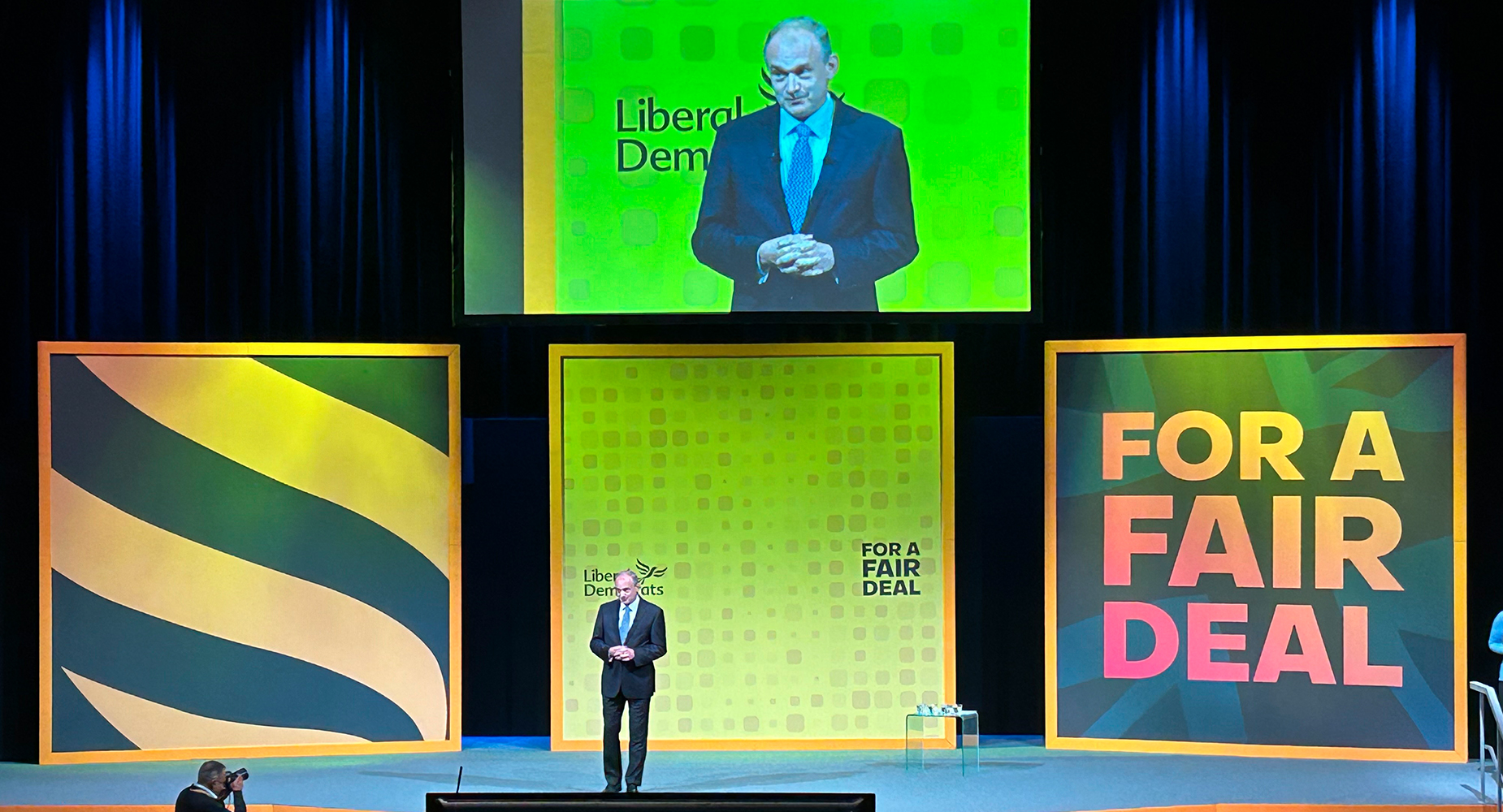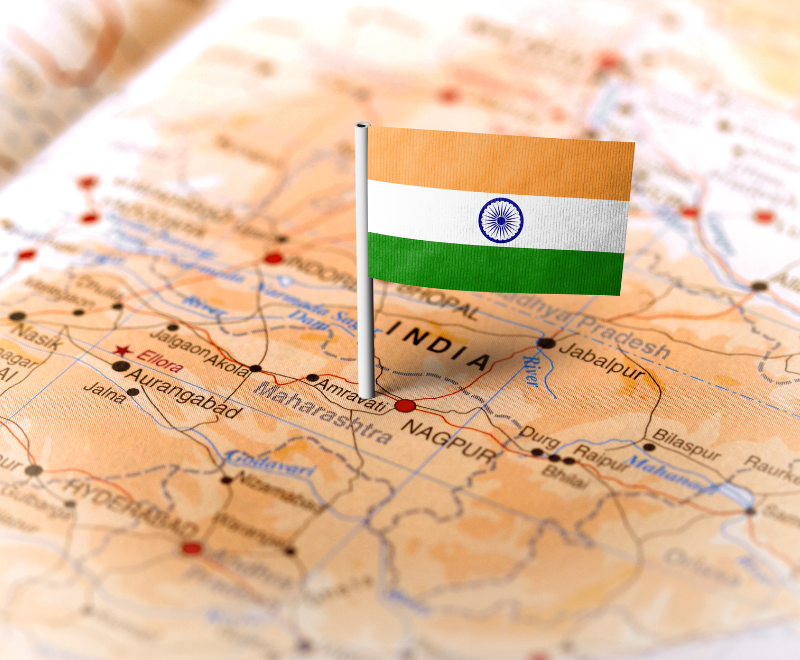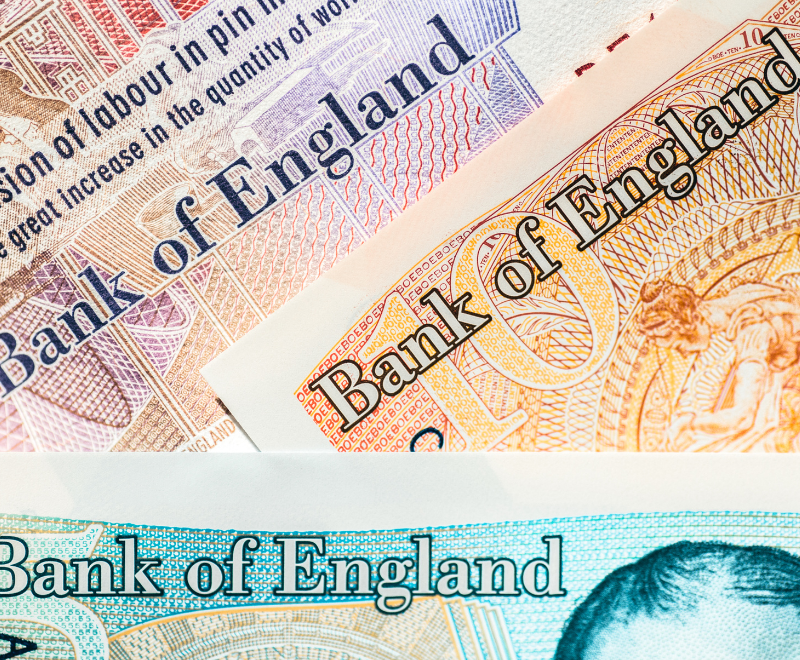The Liberal Democrats are perhaps best known for entering coalition with the Conservative Party in 2010 – a decision that almost left them on the verge of extinction in 2015 as they limped back to Westminster with just eight MPs left.
They fared only slightly better in 2017 and in 2019, as Jo Swinson’s policy to reverse Brexit completely misread the mood of the nation, returning just 11 MPs to Westminster.
However, the mood in Bournemouth this year was tentatively optimistic, and there was a sense that, perhaps the party was emerging as a major political force once again, sparked undoubtedly by four by-election victories over the past year.
Pagefield Consultant Owen Mitchell has just returned from the Bournemouth beaches, and he’s set out his five key takeaways from this year’s conference.
**
‘Blue Wall’ at risk of crumbling
It’s no secret that the Lib Dems are laser-focused on one thing at the next election – unseating Tory MPs in the so-called ‘Blue Wall’.
A string of by-election victories has only given further reason to endorse this strategy, highlighting that the party has found fertile ground in traditional Conservative constituencies which are starting to waver in their support.
Nowhere was this more evident during conference than in Ed Davey MP’s closing speech, when he referred to the Conservatives 27 times, whilst only mentioning Labour three times.
The prospect of the Lib Dems winning big in Tory heartlands was cause for renewed optimism throughout conference. It’s clear the party see winning over the ‘Blue Wall’ as their route to return as a major political force after years in the parliamentary wilderness.
Democracy causes a stir
The most dramatic moment of this year’s Lib Dem conference came on Monday, after Davey had told media that he supported attempts to ditch the national target of building 380,000 new homes per year.
A passionate debate over whether the party should maintain the commitment spilled into a heated argument, as the party’s former leader Tim Farron MP joined ‘Nimby’ members in accusing supporters of retaining the target of pushing a ‘Thatcherite’ policy which was ‘the most right-wing thing I’ve seen at party conference since we set Liz Truss off to go and work undercover’.
Those comments were greeted with boos from the ‘Yimby’ faction led by the Young Liberals, and the Lib Dem candidate for London Mayor openly criticised Farron’s speech on the conference floor.
Although the comms around the issue were not something to be admired, the episode illustrated that by embracing true party democracy, Davey left himself vulnerable to the party membership, a decision which ultimately cost him and other Nimby members the vote.
Don’t mention the EU
There is undoubtedly an internal conflict brewing over Europe, centred on the party’s long-term ambition to rejoin the EU. The leadership are clearly shying away from embracing a more Europhilic position so as to avoid alienating Tory voters in the ‘Blue Wall’.
Despite this, Lib Dem members were keen to sport their pro-European attire, with EU flags and ‘Bollocks to Brexit’ stickers common sightings in the conference hall.
During a fringe event hosted by the IPPR, Tom Lubbock, Co-Founder at polling firm JL Partners, argued that the party should say as little as possible about Europe, unless it has a clear and simple message – which it has yet to clarify.
In Bournemouth, Ed Davey MP did just that. However, it became increasingly evident that his party is struggling to keep its militantly pro-European stance without mentioning membership of the EU.
Reap what you sow
Throughout conference, there was immense sympathy for farmers, with senior party figures arguing they had been let down by the absurd amount of post-Brexit red tape.
Helen Morgan MP, the party’s spokesperson for housing, argued that trade deals with Australia and New Zealand had bargained away the UK’s farming food standards whilst undercutting UK farmers, putting the nation’s food security and environment at risk.
The Lib Dems repeatedly argued that food production and the environment should not be the seen as polar opposites but two sides of the same coin, with the party leadership using the conference to promise they will ‘fight the Tories in every rural seat’, in order to deliver a progressive food and farming sector whilst protecting and improving the environment.
Business still needs convincing
Party conferences usually boast a hive of exhibition stalls which host smooth talkers from the world of business and advocacy. However, in Bournemouth this year, the exhibition hall felt more like a village fete than the epicentre of a conference for a major political party on the up.
The Lib Dems say the number of commercial and charity observers attending conference increased from 354 in 2019, when they held their last in-person conference, to 574 this year. However, there was a noticeable lack of business presence, with party members instead dominating the landscape.
This seems like a missed opportunity for businesses to have the ears of potential decision-makers if the Lib Dems do as well as they hope in the next general election.
**
At Pagefield, we understand the world of Westminster and are specialists in Public & Regulatory Affairs. If you want to talk to us about how we can help you to engage UK political parties ahead of the General Election, please get in touch via hello@pagefield.co.uk.




